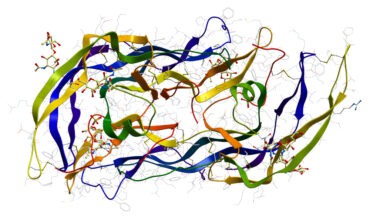
Automotive manufacturers aim to offer predictive maintenance to connected vehicle customers through the use of AI and virtual sensors.
By the end of the decade, 95 percent of new vehicles sold are forecast to have in-built connectivity, according to a report by the Experiences Per Mile advisory council. Automotive manufacturers are adding more software to their vehicles than ever before, with the aim of relying entirely on virtual sensors and software for some of the car functions.
The opportunities for automotive manufacturers to capture large volumes of data for predictive maintenance, research, and carbon emission purposes has never been more available. Instead of simply selling the car, manufacturers are looking into selling functionality as a service, such as more horsepower and heated seats, alongside maintenance and repair alerts.
SEE ALSO: Research Suggest Fourth Traffic Light for Self-Driving Vehicles
With the utilization of artificial intelligence, this alignment of software and service can become even more pronounced. One organization working on this is German sustainable mobility startup, Compredict, which in partnership with Palatir is building an AI software package for predictive maintenance and usage monitoring for automotive vehicles.
“It’s like putting an algorithm directly into the vehicle without actually putting in a sensor. The technology measures quantities, which usually not accessible in a traditional vehicle,” said Dr. Stéphane Foulard, Compredict CEO and co-founder to Verdict. “We’re working on replacing some hardware sensors for car manufacturers to reduce cost of production as well.”
This software package should enable vehicles to be more road efficient, by providing vehicle health and usage monitoring, which when fed back to the manufacturer can lead to faster and more targeted servicing and maintenance repairs. For example, virtual sensors paired with AI may be far better equipped to notice when a tire is reaching the end of its life cycle, and can adequately prepare for a change in tires before an accident occurs.
For the customer, the benefits of this improved level of awareness as to the longevity of each car part could be reduced insurance and warranty.
Predictive maintenance has been viewed by many industries as a potential way to reduce the costs of maintenance, supplies, and insurance, by fixing problems before they become serious. In industries where the costs of tools and machines runs into the hundreds of thousands if not millions, this improved understanding of equipment performance could be a huge cost saver.
For vehicle manufacturers, the use of virtual sensors and artificial intelligence doesn’t just provide their customers with better awareness, but it enables them to collect more data on the car and continuously improve. Connected cars also make the possibility of autonomous vehicles more realistic, as they can communicate with other cars and receive regular updates as to road conditions and changes.




























